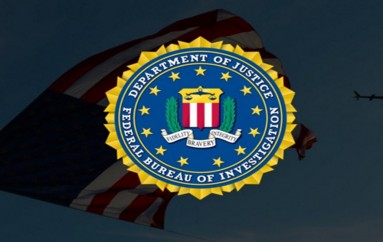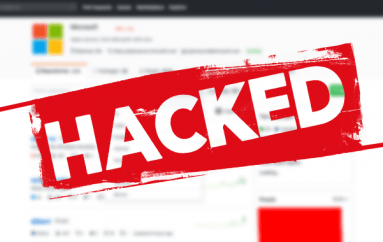WASHINGTON — Cyrus R. Vance Jr., the district attorney of Manhattan, visited Washington late last month to argue his case on a pressing issue: encryption.
In a string of meetings with members of Congress, Mr. Vance told centrallawmakers that encryption needed to be diminished during criminal investigations. During a 45-minute session with Senator Angus King, an independent from Maine who is on the Senate Intelligence Committee, Mr. Vance said his office had 230 iPhones that might contain crucial information for cases but were useless because Apple refused to help the police break the encryption on the devices.
“I wanted to express a sense of urgency around resolution of this issue,” Mr. Vance said in an interview about his Washington visit.
A day after Mr. Vance was on Capitol Hill, tech executives including Kent Walker, the general counsel of Google, and Brad Smith, president of Microsoft, also met with lawmakers — but with a very different message on encryption. Tech executives at the meetings said they were concerned about any laws that would force companies to weaken the security of their technology, according to news officials representing these companies.
This kind of behind-the-scenes lobbying has become de rigueur in Washington as the battle over encryption shifts to Capitol Hill. It is the next phase of a bitter divide that spilled into public view this year when Apple refused to comply with a court order to help bypass security functions on an encrypted iPhone used by an attacker in the San Bernardino, Calif., mass shooting last year. Doing so would have let the F.B.I. gain access to the phone. That case ended after the F.B.I. found an alternative way into the device.
Yet the standoff between the United States government and Silicon Valley tech companies continues — and the flurry of activity around the issue is broadening. Last month, a Senate draft encryption bill, written by Richard M. Burr, Republican of North Carolina, and Dianne Feinstein, Democrat of California, rallied the attention of both sides. The bill would require tech companies to give access to encrypted data with court orders.
Law enforcement officials immediately announced their support of the bill and began to push lawmakers to back it. Trade groups representing tech companies like Apple and Facebook have flooded into congressional offices, sent letters expressing concerns that the bill weakens consumer privacy and security, and delivered scorching speeches about the proposals.






